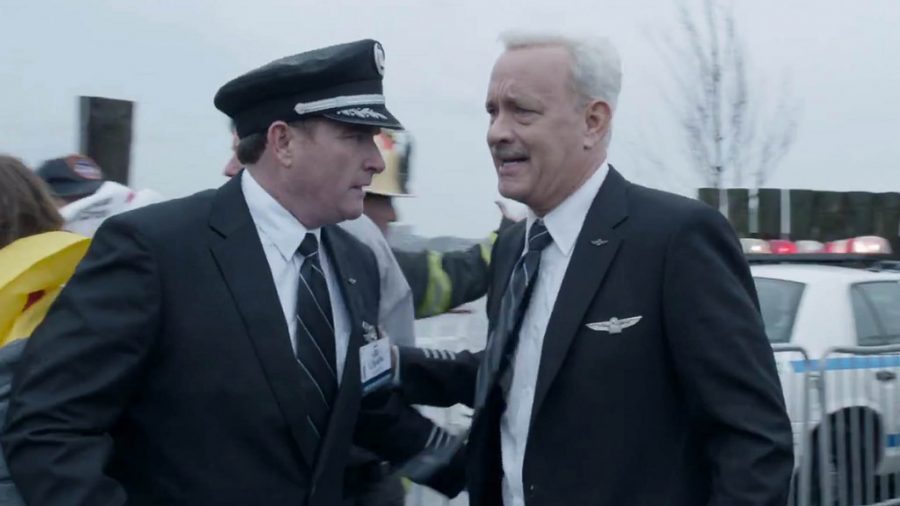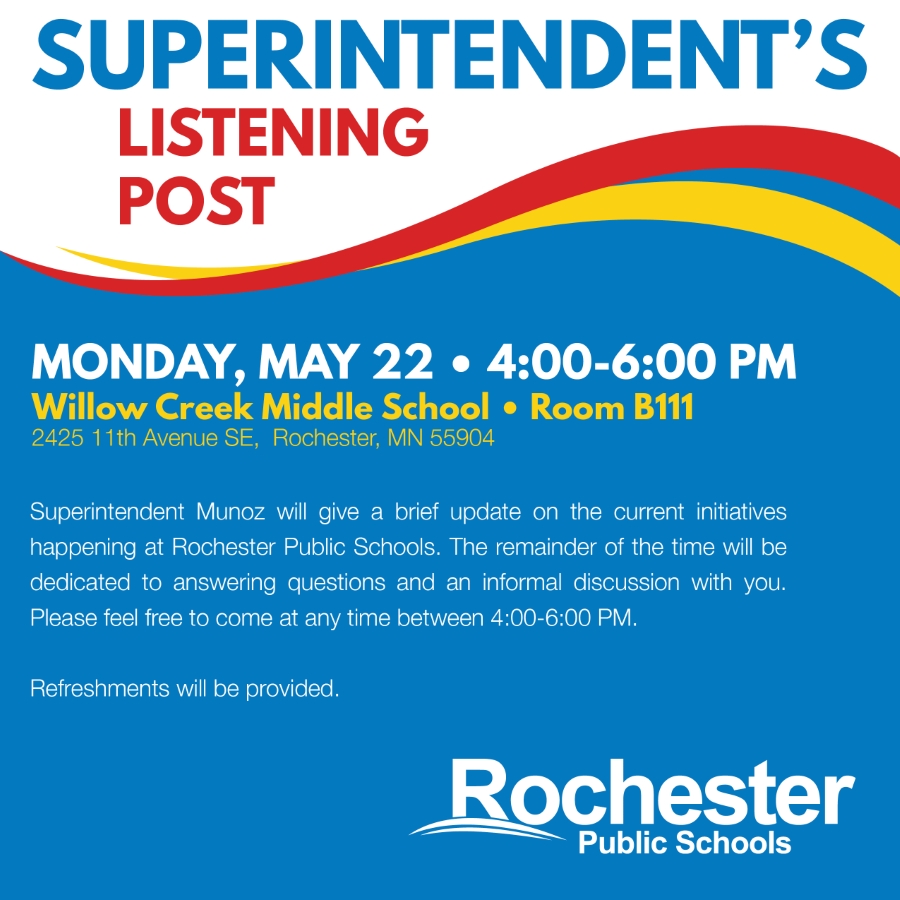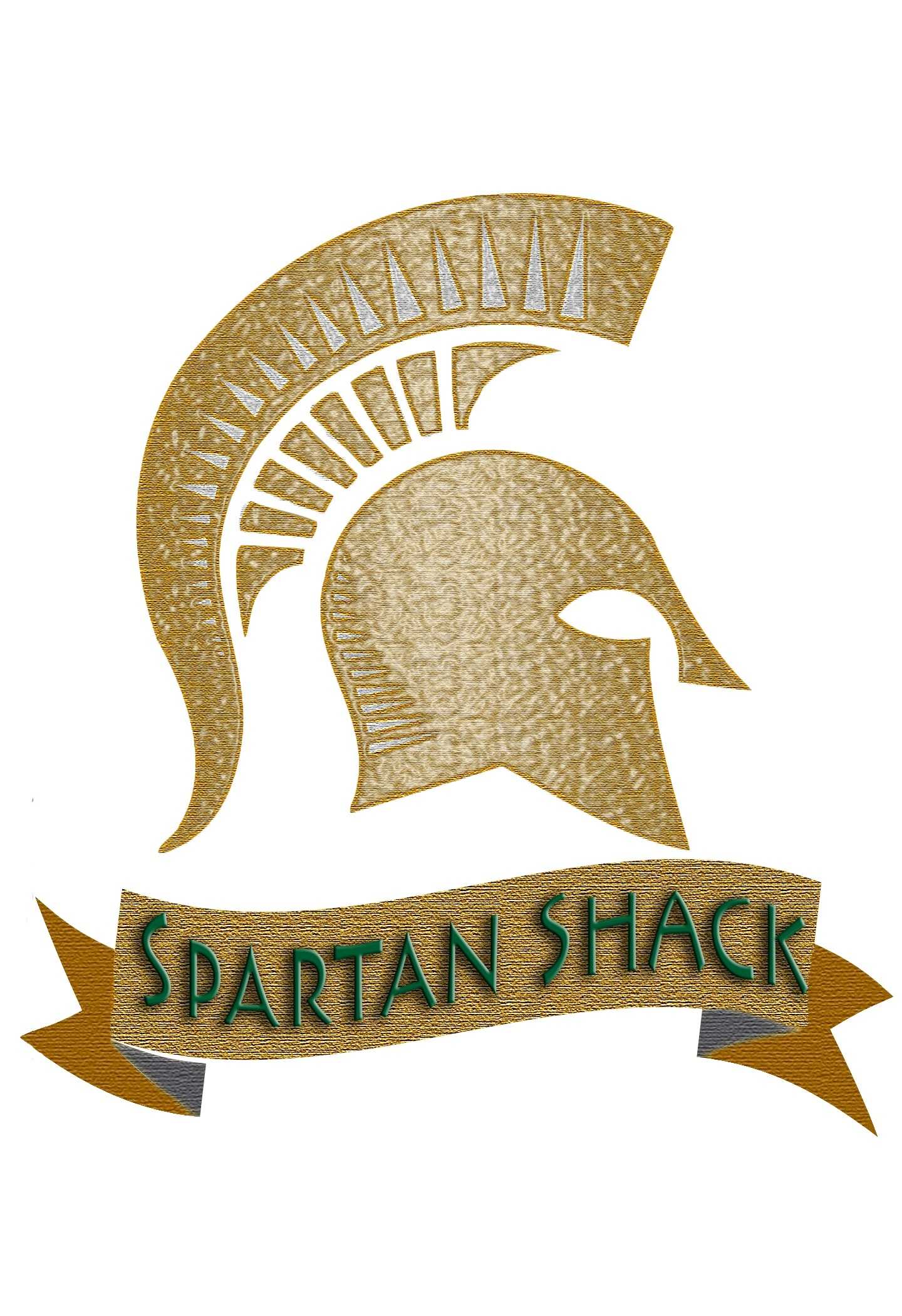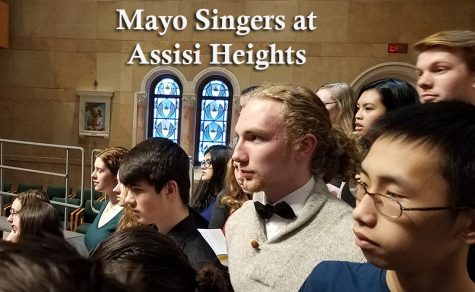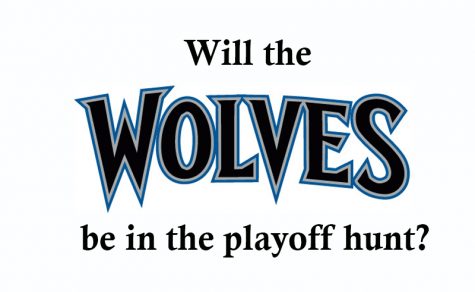Sully: The Miracle on the Hudson comes to the big screen
November 14, 2016
It’s no small doubt that the Miracle on the Hudson would come to the big screen eventually. Directed by Clint Eastwood (American Sniper), and starring Tom Hanks (Captain Phillips, Catch Me if You Can) as the titular pilot, Sully manages not only to put viewers into the shoes of Chesley Sullenberger, but it is able to keep the audience on their toes with tense moments and an intriguing lead.
Sully, which is based on the autobiography Highest Honor, tells the real life story of Chesley “Sully” Sullenberger, a seasoned airline pilot. On January 15th, 2009, after a flock of birds cripple the engines, Sully is forced to land his plane in the Hudson River. He manages to save all 155 lives on board and is immediately hailed as a hero.
Sully, however, doesn’t just focus on the landing itself. Instead, the movie mostly explores the events that happen after the crash. A story we thought we knew turns into uncharted territory, and this addition of unknown information makes the case that Sully is a movie to be seen.
Walking in, I expected the story to be told in a Point-A-to-Point-B format. Sully, however, starts days after the landing, placing viewers in the shoes of a captain struggling to adjust to his newfound popularity. I was initially turned off, as I believed the crash wouldn’t be shown. Anyone who goes into the theater with no clue as to what the movie is about will be left flying blind, no pun intended. It’s not until a little over half an hour into the movie that the crash is actually shown.
This is where director Clint Eastwood works his magic. Most already know how the story goes: the captain makes a safe landing, saving everyone on board. Eastwood knows this and is able to blend feelings of anxiety and fear into the scene. During the crash, absolute silence fills the theater. This is not because of a quiet audience, but because of the lack of music. Viewers can hear the beeping alarms in the cockpit, the shallow breathing of the pilots, and the jet engines themselves. It’s the type of silence where a pin could be dropped, and it works masterfully to keep the audience on the edge of their seats, as they can picture themselves being there in the shoes of the passengers.
Eastwood is also able to create suspense based on the parts of the story that we don’t know. The movie itself is much more than just the crash. After the landing, Sully is investigated by the National Transportation Safety Board (NTSB), who are trying to put the blame not on engine failure, but on Sully instead. Sully then asks the audience a question: Did Chesley Sullenberger do right? Everyone passing by Sully hails him as a hero; strangers hug or kiss him, and a local bar even names a drink after him. All 155 passengers and crew adore him for acting fast and saving their lives, but after Sully is presented with evidence that says he could’ve possibly landed the plane on the runway, he starts to question whether he made the right call. The audience doesn’t know either, which makes the movie even more tense.
Tom Hanks steps into the shoes of Sully, the ultimate reluctant hero. A man who was just doing his job, Sully becomes a hero out of sure fate. Yet, even though everyone loves him and praises his name, he believes that he isn’t the savior everyone thinks he is. Maybe it’s because of the archetypal “only doing my job” saying, or maybe it’s because of the fact that Sully is presented with evidence that says he could’ve landed the plane safely and not endangered everyone’s lives. Hanks brings more than just heart to his role; he brings an aura of mortality. There’s something about being forced into the role of a hero that makes Hank’s character seem so real: he’s a fully capable pilot who doesn’t want the fame he has received. He struggles with PTSD, self doubt, and these real world, and sometimes everyday issues, make his performance seem so believable. Not knowing if the choice you made was right or not is a problem that everyone faces in their lifetime, and now Sully is burdened by these issues.
Starring alongside Hanks is Aaron Eckhart, portraying co-pilot Jeff Skiles. Sporting a bushy mustache and an actual sense of humor, Eckhart serves as not only a true friend to Hank’s character, but also the main comic relief. As he was alongside Sully during the crash, he is also investigated. Yet even the melancholic situation can’t stop him from making quips and short one liners that present the audience with light hearted moments.
Sully is it’s own type of movie. It presents the engaging story of a pilot who uses his skills and quick judgement to save over a hundred lives, but also tells the behind-the-scenes events that unfold after said pilot becomes a hero. While a slightly annoying storytelling structure may frustrate a few viewers, Sully is a movie that soars, mainly thanks to Tom Hank’s charming and human performance. With all this is mind, Sully earns high flying marks from me, a 9.5/10.



